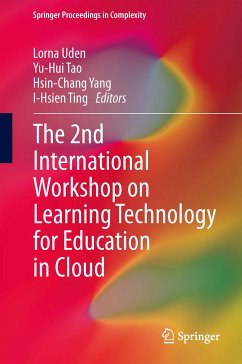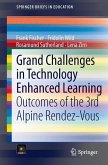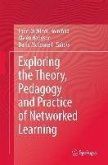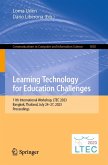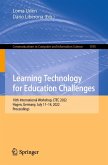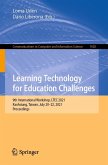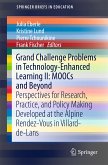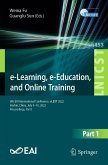Proceedings from the 2013 LTEC conference in Kaohsiung,Taiwan. The papers examine diverse aspects of Learning Technology for Education in Cloud environments, including social, technical and infrastructure implications. Also addressed is the question of how cloud computing can be used to design applications to support real time on demand learning using technologies. The workshop proceedings provide opportunities for delegates to discuss the latest research in TEL (Technology Enhanced Learning) and its impacts for learners and institutions, using cloud technolgies.
Dieser Download kann aus rechtlichen Gründen nur mit Rechnungsadresse in A, B, BG, CY, CZ, D, DK, EW, E, FIN, F, GR, HR, H, IRL, I, LT, L, LR, M, NL, PL, P, R, S, SLO, SK ausgeliefert werden.

